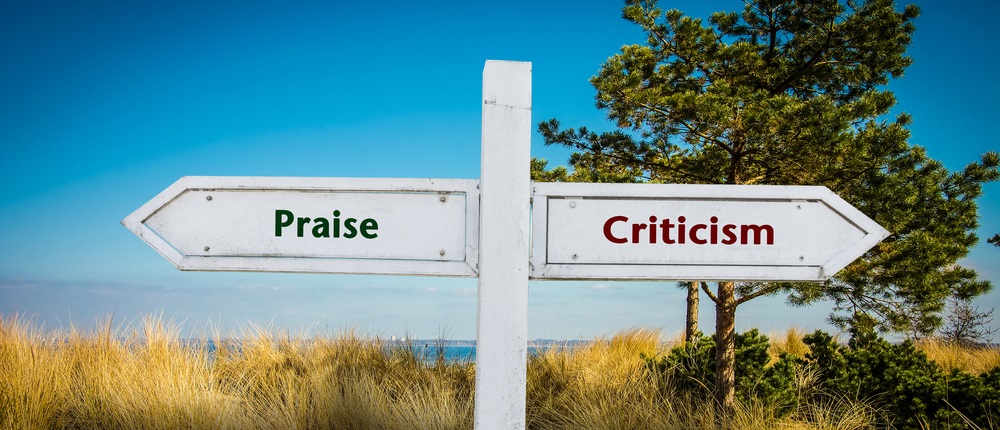It is commendable to put forth the effort and to become the most excellent possible version of oneself. Examining the things in your life that have gone wrong and making an effort to improve for the future makes perfect sense. However, it is equally simple to become overly critical of oneself.
A high level of self-criticism is harmful to one’s chances of being successful as well as their mental health. Your self-worth and confidence will suffer if you engage in excessive self-criticism.
 Think about the following warning signals that you might be being too hard on yourself:
Think about the following warning signals that you might be being too hard on yourself:
1. You are in a paralyzed state. Your inability to take constructive action indicates you are too hard on yourself.
You are too critical of yourself if you have been mired in the same predicament for a long time.
If that weren’t the case, you’d be out there getting things done and making much-needed improvements.
2. You are slow to forgive those who have wronged you. It is impossible to forgive others if you cannot forgive yourself first.
When you finally let go of the past and forgive yourself, you will be able to do the same for others in your life.
3. You are never satisfied with the things you have accomplished. It makes no difference to you that you cut ten minutes off your best time for the ten-kilometer race or that you completed medical school.
You are troubled that you did not come in the first place and did not get into Harvard Medical School.
4. You’re not pushy. To be at ease when asserting yourself, you must first be at ease with who you are as a person.
Being assertive carries with it the possibility of being rejected. Being overly hard on oneself can make a person more anxious about being rejected by others.
5. You constantly criticize and berate yourself in your head. A moderate quantity of negative self-talk won’t hurt you as much as you would think.
But engaging in a never-ending stream of self-criticism is highly harmful. Imagine telling your child they are hopeless and should stop trying because they would never succeed.
When considered in such a manner, the idea seems completely absurd.
6. You have a history of being a poor performer. Self-criticism might manifest in the form of underachievement, but it can also be the underlying cause.
Repeated failure to meet expectations should serve as a wake-up call!
7. Other people don’t feel self-conscious about criticizing you. Criticizing the actions of others is not something that comes naturally to most people.
However, if they have witnessed you critique yourself on multiple occasions, they will likely believe they can participate in the criticism themselves.
8. You are too harsh on yourself rather than focusing on particular actions or occurrences. Telling yourself that you are not a good tennis player is not the same as telling yourself that you are not good at anything.
There is a distinction between the two. The critique, in general, is inaccurate and can cause significant harm.
Failing at one endeavor does not indicate that you cannot engage in other endeavors successfully. It defies all reasoning.
9. You don’t share your thoughts with anyone else. While you have every reason to avoid telling your neighbor that she looks obese in her clothing, you should feel relatively safe discussing the title of your favorite book with her.
If you don’t feel comfortable openly expressing your thoughts to others, it’s probably because you’re too worried about being evaluated by others or saying the incorrect thing.
10. You spend too much time ruminating on the errors you’ve made. Do you can rapidly move on after engaging in a short period of self-reflection, or do you tend to dwell on your mistakes for a significant amount of time?
11. You find that you are unable to solicit assistance from others. Asking for aid shouldn’t be a complicated process.
The more help we receive, the better! Do you worry that people may think you are unable to do things? If this is the case, you are far too hard on yourself.
12. You are incapable of paying even the slightest respect to yourself. Everyone is skilled in at least one area.
Or perhaps you are aware that you excel at a few things but do not believe you deserve a compliment. You are being far too critical of yourself, regardless of the situation.
You Can Silence Your Inner Critic Video:
By being overly critical of oneself, you are hurting your efforts. You are putting a cap on not only your success but also your emotions.
Realize how much hurt you do to yourself when you criticize yourself.
It would be best if you gained wisdom from your past errors and enthusiastically used the learning.






